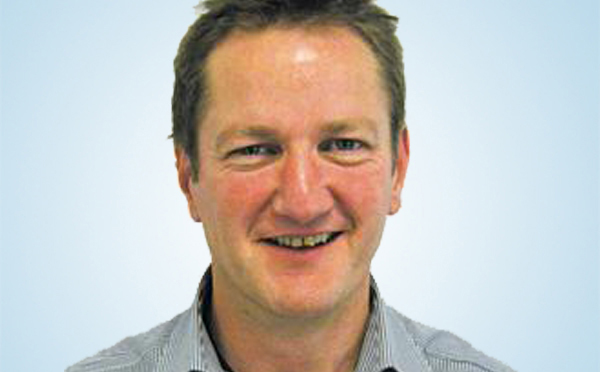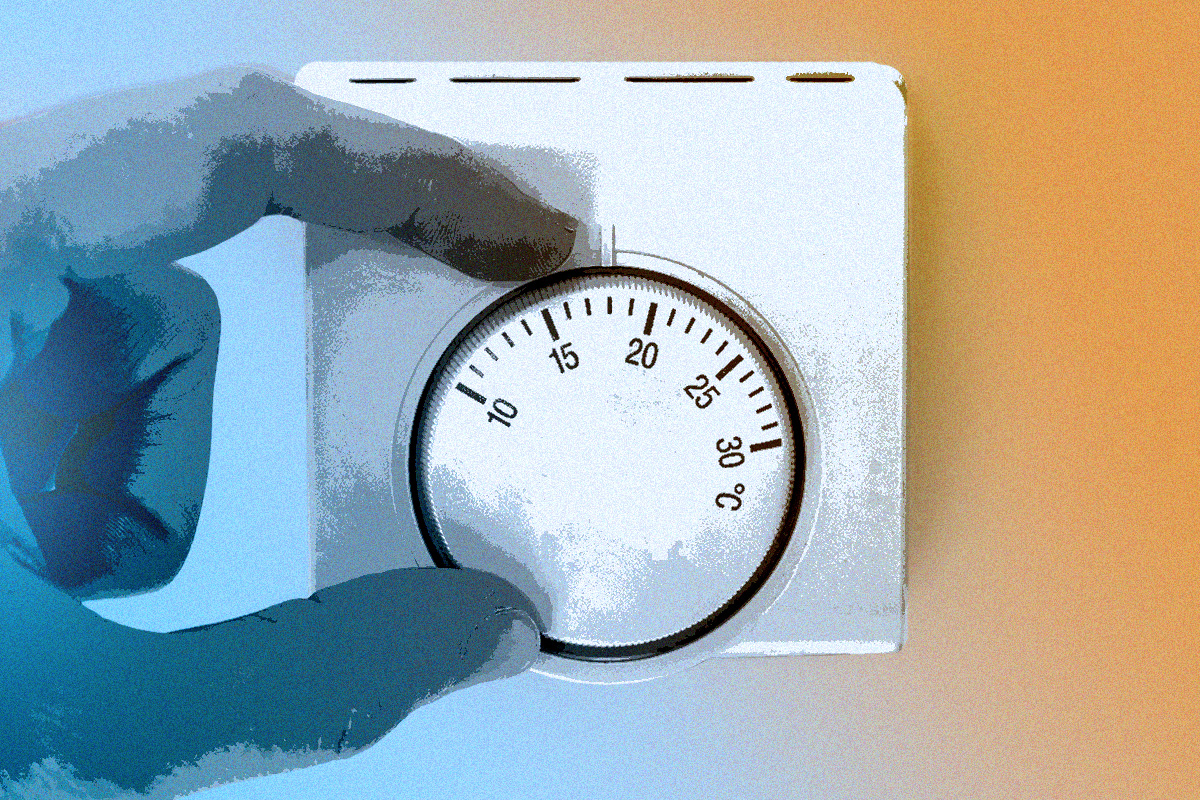You are viewing 1 of your 1 free articles

In the rough
It is a disgrace that rough sleeping in the capital is going up – the issue must be tackled, says Tom Copley


Source: Shutterstock
Last month, I joined the St Mungo’s Broadway team on one of their regular outreach sessions across the London Borough of Islington.
It was an informative experience, and the utter dedication of the people in the sector and the kindness with which they approach their job is always incredibly humbling.
But rough sleeping has been getting worse in London. In the year before Boris Johnson (right) was elected, around 3,000 people were seen sleeping rough in the capital. This has more than doubled to over 7,500 last year, despite the mayor’s pledge in 2008 to end rough sleeping by the time of the London Olympics.
This rise in the recorded number of people sleeping rough is partly explained by the improved outreach from charities such as St Mungo’s Broadway, who have led the response to rough sleeping. But it is recognised we have also seen a major increase in the number of people finding themselves on the street.
Finding a solution
Tackling the root causes is crucial, but not easy. What is obvious when you meet people sleeping rough is that this problem cannot be solved if it is viewed simply through the narrow prism of housing policy. It is not just a problem of having too few homes.
One man we met at a No Second Night Out centre had ended up sleeping rough after he lost his job and was subsequently sanctioned by the benefits office, missed his rent payments and was evicted.
A political discourse which brands people ‘benefits scroungers’ is contributing to the dehumanisation of people who have fallen on hard times. But should the price of missing a meeting at a Jobcentre really be sleeping on the streets?
Another, a refugee of the oppressive regime in Eritrea, is working, but now lives on the streets. We took him to one of the No Second Night Out centres, and he is now hopefully on a path to getting permanent accommodation.
We met a number of others, some of which are experiencing drink, drug and mental health problems. People with complex health and social needs require rehabilitation if they are to be reintegrated into society, and fulfil their potential.
While not indicative of most people living on the streets, it is surprising that a small number have made an active choice to live this way. A Romanian man I met works to provide for his wife and children back home, sleeping on the streets in order to cut down on his outgoings and send more money to them.
It’s a level of commitment to his family that in some respects is hugely admirable, but ultimately he needs to know that putting himself in such a dangerous situation is not acceptable.
The mayor has a mixed record on rough sleeping. The No Second Night Out initiative, and the infrastructure that exists to support it, will be Boris’ greatest legacy on homelessness when he steps down in May. It has been a positive and proactive attempt to tackle the problem.
However, the figures don’t lie, and the action being undertaken by the mayor is clearly insufficient.
Firstly, while the mayor’s focus is on preventing people spending more than one night on the streets, we have still seen these numbers rising - both in terms of people returning to the streets and those living there permanently. Since his target to end rough sleeping by 2012 was so woefully missed, it seems that the determination to address rough sleeping have drained away.
From spending cuts to welfare reform, the mayor has pretty much given support to government policies that have made the problem worse.
Funding available from boroughs to support those in housing crisis has fallen dramatically over recent years as this money is now being used to plug gaps in other services. This has starved organisations of funding and led to a reduction in bed spaces across the capital.
Cuts to social security entitlements - when interacting with the higher housing costs in London - have also made it more difficult for people to move out of hostels and other supported accommodation and into stable housing, creating a backlog in many services that has made it more difficult to take people off the streets.
I suspect any mayor would have struggled to drive down the numbers since 2010, but Boris Johnson has brought forward measures to deal with a problem while supporting policies that exacerbated it. We need to take a more holistic approach. We also need to recognise that for many, this will require expensive and time-consuming rehabilitation. It is also likely that progress will not be linear.
We need City Hall to act, and a mayor who has the political will to tackle rough sleeping.
Tom Copley, Labour London Assembly spokesperson








